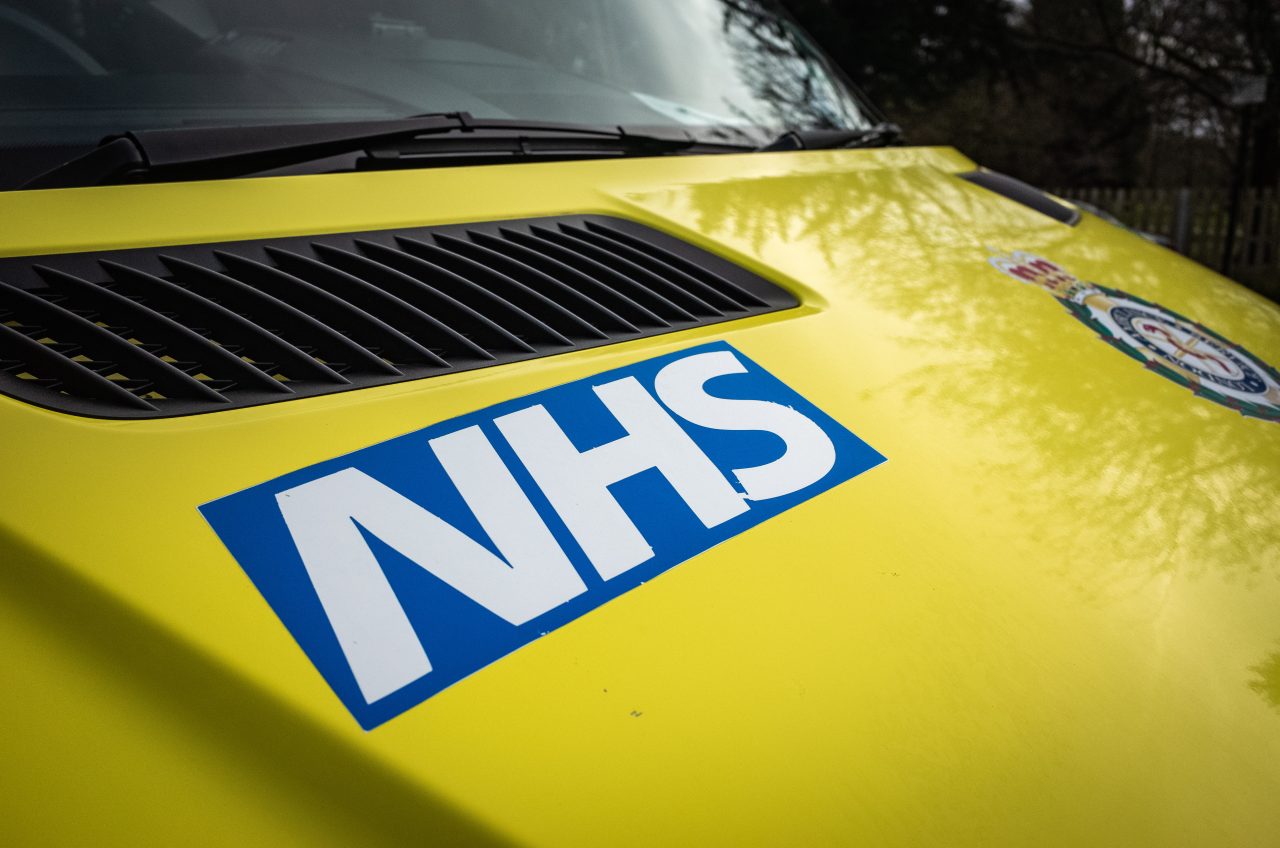

The recent cyber attack on the NHS’s lab services has highlighted the urgent need for O-type blood donors. With O-negative blood being the “universal blood type” and O-positive blood suitable for anyone with a positive blood type, these donations are crucial in emergencies when precise blood type matches are impossible. The National Cyber Security Centre has emphasised the importance of securing confidential patient data, and disruptions like these affect urgent treatment centres, patient appointments, and overall patient care. By donating O-type blood, you play a vital role in maintaining the healthcare system’s functionality and enabling frontline staff to provide essential medical services safely. Your contribution helps replenish dwindling blood stocks and demonstrates community spirit and resilience. Book an appointment today at any of the 25 NHS Blood Donor Centres across town and city centres in England to make a lifesaving difference.
The importance of O-negative and O-positive blood donors cannot be understated, particularly in times of crisis such as the recent cyber attacks on NHS Digital, which have compromised NHS data and disrupted lab services. In the wake of these ransomware attacks, ensuring a steady supply of blood is more critical than ever. O-negative blood is regarded as the “universal donor,” meaning it can be transfused to any patient, regardless of their blood type, which is crucial in emergency care scenarios where there is no time to carry out extensive blood type matching. Similarly, O-positive blood is compatible with any patient who has a positive blood type, providing another layer of versatility in urgent medical situations. Donors of these blood types are crucial in maintaining adequate blood stocks, ensuring that the health service can continue to administer life-saving treatments without delay. By donating, you are not just replenishing blood stocks but also fortifying the health system and exemplifying community solidarity. Now more than ever, your contribution can make a direct, life-saving impact. Book your appointment today at one of the 25 NHS Blood Donor Centres across England and become a lifeline for those in need of emergency care.
The recent ransomware attack targeting the NHS’s lab services has underscored the pressing need for enhanced vigilance and proactive security measures across all sectors. These cyber criminals have not only disrupted essential medical services for countless service users but also highlighted the vulnerabilities within critical infrastructure. The fact that these breaches have led to a significant shortage of O-type blood, vital for life-saving transfusions, makes it clear that cyber threats from criminal groups can have far-reaching and potentially life-threatening consequences. As we work to restore and secure our IT systems, it is crucial for both individuals and organisations to adopt comprehensive cyber hygiene practices. Strengthening our defence mechanisms, increasing awareness, and fostering a culture of vigilance can help mitigate the risks and ensure the continuity of essential services. Additionally, with the theft of patient records and other stolen data, it is imperative to bolster our security initiatives to safeguard the health and well-being of the community. Let this be a wake-up call for all.
In light of recent cyber attacks on NHS England’s lab services, the call for O-type blood donations has never been more urgent. These attacks have significantly disrupted hospital services, GP practices, and created an acute shortage of life-saving O-negative and O-positive blood, which are critical in emergency situations where quick blood type matching is unfeasible. Both O-negative, the “universal donor”, and O-positive blood types play an indispensable role in maintaining the functionality of medical services by enabling frontline staff to perform safe and effective transfusions. The Information Commissioner’s Office is investigating the impact on patients, but your donation can make a profound difference in replenishing depleting blood stocks, ensuring that hospitals remain prepared for any emergency. With 25 NHS Blood Donor Centres across town and city centres in England, booking an appointment is more accessible than ever. Stand in solidarity with the community and take this crucial step to save lives – don’t wait, donate today.
Amidst the ongoing challenges posed by recent cyber-attacks on NHS Digital’s lab services, the importance of replenishing our blood stocks has never been more apparent. Booking an appointment at one of the 25 NHS England Blood Donor Centres across town and city centres can significantly bolster our health service’s resilience. O-type blood donors, in particular, are indispensable in providing the universal and versatile blood types necessary for emergency transfusions. By scheduling regular donations, you enable hospitals to maintain adequate blood supplies, ensuring that essential medical services can continue uninterrupted. Each appointment booked is a step towards safeguarding the health and well-being of the community, exemplifying the collective power of individuals coming together to support a critical cause. Act now to make a lifesaving impact—secure your appointment and contribute to the replenishment of our vital blood stocks. In these times, the security of NHS data and patient records is paramount, and strengthening our cyber security measures is essential to protect our health service from further disruptions.
Protecting our digital landscapes demands unwavering vigilance and a proactive approach to cybersecurity. The recent cyber-attacks on the NHS lab services have laid bare the vulnerabilities in our critical infrastructure, leading to severe disruptions in essential medical services. These incidents underscore the necessity of enhanced security measures to thwart potential threats. Individuals and organisations alike must adopt comprehensive cyber hygiene practices and embrace a culture of awareness and continuous improvement. Strengthening defence mechanisms, increasing awareness, and fostering a vigilant community can help mitigate the risks and ensure the uninterrupted delivery of vital services. By prioritising cybersecurity, we can create a resilient digital environment capable of withstanding malicious threats and safeguarding the health and well-being of our society. Let us take this as a call to action to fortify our defences and protect our digital frontiers.
The recent cyber-attacks on NHS lab services have highlighted the critical need for a collective effort in safeguarding public health from digital threats. Such attacks have not only exposed vulnerabilities within our healthcare infrastructure but have also caused significant disruptions to essential services, including blood donation operations crucial for emergency medical care. Addressing these threats requires a multi-faceted approach involving governments, healthcare providers, and individual citizens. Governments must implement stringent cybersecurity regulations and provide the necessary resources for defence, while healthcare providers need to adopt robust security measures to protect sensitive data and systems. Additionally, individuals must remain vigilant, practising good cyber hygiene to prevent breaches at the personal level. By uniting our efforts and fostering a culture of continuous awareness and improvement, we can reinforce our defences against cyber threats and ensure the resilience of our public health systems, protecting the well-being of our communities.
When you donate O-type blood, you are not just giving a part of yourself; you are providing a lifeline that can save countless lives in critical situations. O-negative blood, known as the “universal donor,” can be transfused to patients of any blood type, making it indispensable in emergency scenarios where time is of the essence. As the recent cyber-attacks on NHS lab services have demonstrated, maintaining a robust supply of O-type blood is crucial for the continuity of essential medical care. These disruptions have led to an acute shortage, highlighting the urgent need for donations. By contributing your O-positive or O-negative blood, you play a pivotal role in replenishing the depleting blood stocks, ensuring that hospitals remain equipped to handle emergencies. Every donation is a testament to the power of community spirit and collective action in safeguarding public health. Don’t underestimate the impact you can make—become a lifesaver and donate your O-type blood today.
In light of the recent cyber-attacks that have severely impacted NHS lab services, the call to action for O-type blood donors has become more urgent than ever. Frontline medical staff depend on the availability of O-type blood to perform life-saving transfusions, particularly in emergency situations. O-negative blood, recognised as the “universal donor,” can be used for any patient, while O-positive blood is crucial for a vast array of clinical applications. By donating today, you provide a critical resource that supports our healthcare professionals in their mission to save lives. With 25 NHS Blood Donor Centres conveniently located across England’s town and city centres, booking an appointment is simple and accessible. Your contribution not only replenishes dwindling blood stocks but also ensures that our hospitals and clinics remain prepared for unforeseen emergencies. Stand shoulder to shoulder with the frontline heroes—donate your O-type blood today and make an invaluable difference in our community’s health and resilience.

This website uses cookies to improve your experience. Choose what you're happy with.
Required for the site to function and can't be switched off.
Help us improve the website. Turn on if you agree.
Used for ads and personalisation. Turn on if you agree.
This website uses cookies to improve your experience. Choose what you're happy with.
Required for the site to function and can't be switched off.
Help us improve the website. Turn on if you agree.
Used for ads and personalisation. Turn on if you agree.